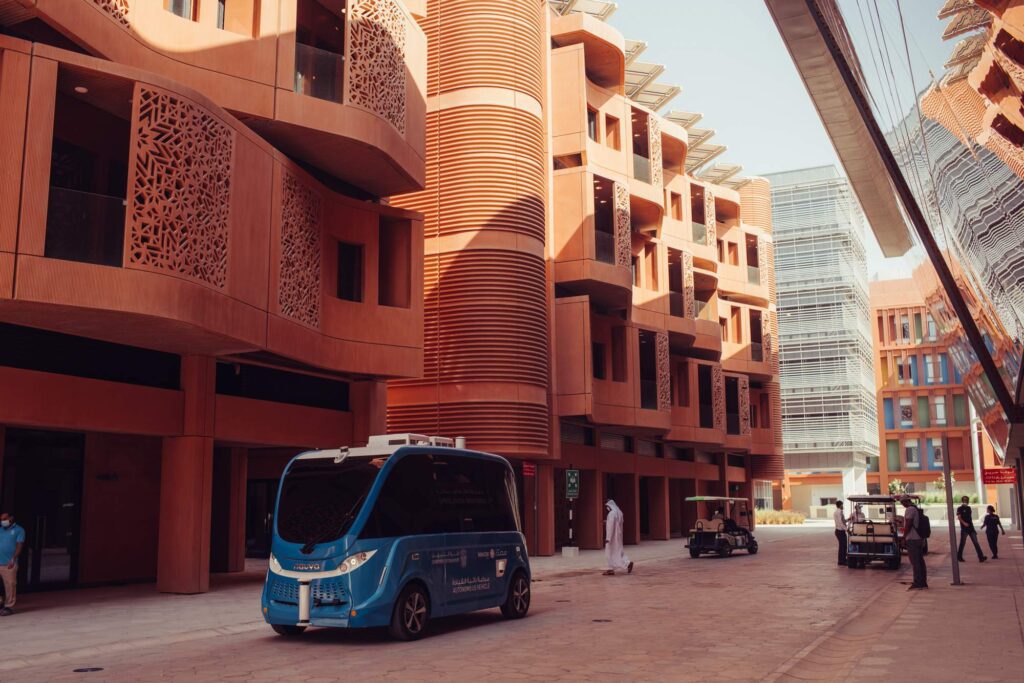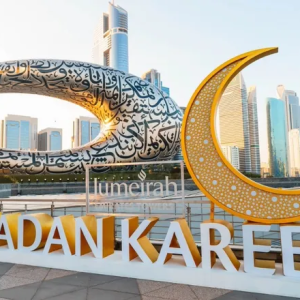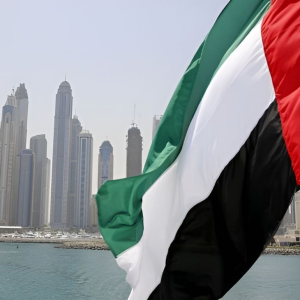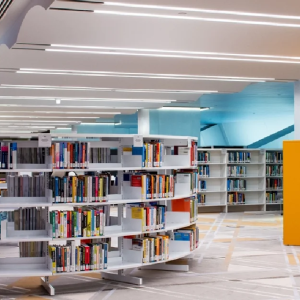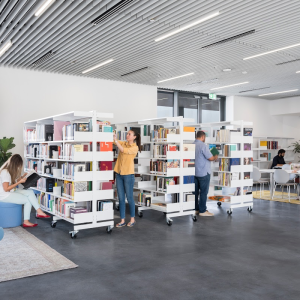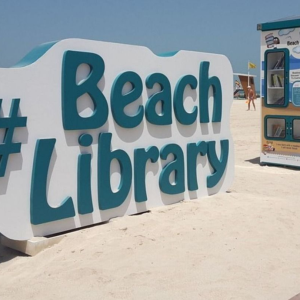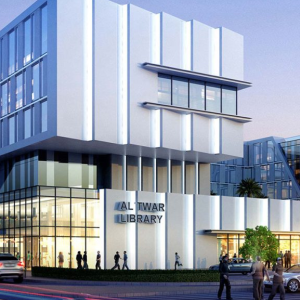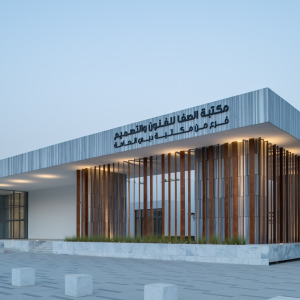The United Arab Emirates (UAE) has positioned itself as a global leader in urban development, economic prosperity, and innovation. In just a few decades, its cities have transformed from desert landscapes into thriving metropolitan hubs that attract millions of people for business, tourism, and investment. This rapid evolution has been driven by visionary leadership, strategic planning, and an unwavering commitment to progress. Each emirate contributes uniquely to the country’s growth, making the UAE a dynamic and diverse nation.
Economic Powerhouses Fueling Growth
The UAE’s economic prosperity is rooted in its cities, which serve as financial and commercial centers that attract global investors and entrepreneurs. Dubai, widely regarded as the business capital of the Middle East, has become a magnet for multinational corporations, startups, and industry leaders. The city’s strategic location, world-class infrastructure, and investor-friendly policies have positioned it as a preferred destination for businesses. The Dubai International Financial Centre (DIFC), a leading financial hub, offers an ecosystem that fosters global trade, investment, and fintech innovation. With initiatives like the Dubai Economic Agenda (D33), which aims to double the city’s economy over the next decade, the city is set to achieve even greater economic milestones.
Abu Dhabi, the UAE’s capital, complements Dubai with its strategic economic diversification efforts. While oil wealth initially fueled its growth, Abu Dhabi has made significant strides in expanding its economy into industries such as artificial intelligence, aerospace, and healthcare. The Abu Dhabi Investment Authority (ADIA) manages one of the world’s largest sovereign wealth funds, ensuring long-term financial stability. The capital is also leading the charge in renewable energy, with Masdar City serving as a hub for clean energy research and development.

Sharjah has carved a niche for itself as the cultural and educational capital of the UAE. It is home to the Sharjah Research, Technology, and Innovation Park (SRTIP), which promotes research-driven economic development. The city’s focus on knowledge-based industries, publishing, and sustainable tourism ensures that it continues to contribute meaningfully to the nation’s progress. Meanwhile, Ras Al Khaimah, Fujairah, Ajman, and Umm Al Quwain are also playing an increasingly vital role in economic diversification, focusing on tourism, manufacturing, and logistics.
Smart Cities and Sustainable Living
One of the defining features of the UAE’s urban development is its commitment to sustainability and smart city initiatives. Masdar City in Abu Dhabi is one of the most advanced sustainable cities in the world, incorporating renewable energy sources, eco-friendly architecture, and intelligent mobility solutions. The city serves as a blueprint for future urban developments, demonstrating how technology can be integrated into city planning to create sustainable living environments.

Dubai has also embarked on ambitious sustainability initiatives, including the Dubai 2040 Urban Master Plan, which aims to increase green spaces, enhance infrastructure, and ensure a higher quality of life for residents. The Dubai Clean Energy Strategy 2050 targets 75% clean energy by mid-century, positioning the city as a leader in environmental responsibility.
Sharjah has launched multiple green initiatives, including water conservation projects, solar energy adoption, and waste management improvements. Ras Al Khaimah’s Energy Efficiency and Renewable Energy Strategy 2040 focuses on reducing carbon emissions while boosting economic growth. Across all emirates, sustainability has become a core principle of urban planning, ensuring that future generations inherit cities that are both innovative and environmentally responsible.
Tourism and Hospitality Boom
Tourism is one of the key drivers of the UAE’s economic success, with its cities offering world-class attractions, luxury accommodations, and cultural experiences. Dubai continues to dominate the global tourism landscape, drawing millions of visitors annually to landmarks such as the Burj Khalifa, Palm Jumeirah, and the Museum of the Future. The city has set new benchmarks in hospitality, with some of the world’s most opulent hotels, including the Burj Al Arab and Atlantis The Royal. Events like Expo 2020, the Dubai Shopping Festival, and the upcoming COP29 have solidified Dubai’s position as a global events hub.
Abu Dhabi, with its rich cultural offerings, has also seen significant growth in tourism. The Louvre Abu Dhabi, Sheikh Zayed Grand Mosque, and Yas Island attractions such as Ferrari World and Warner Bros. World have made the capital a key destination for cultural and leisure tourism. The emirate is also investing heavily in ecotourism, with projects such as Jubail Mangrove Park and Al Wathba Wetland Reserve enhancing its appeal to nature lovers.
Sharjah’s tourism sector is deeply rooted in heritage and the arts. The city’s museums, including the Sharjah Museum of Islamic Civilization and the Sharjah Art Foundation, attract cultural enthusiasts. Additionally, the emirate’s commitment to promoting local heritage through events like the Sharjah Light Festival has garnered international attention. Other emirates, including Ras Al Khaimah and Fujairah, have focused on adventure tourism, offering activities such as mountain hiking, desert safaris, and scuba diving.
Innovation and Technological Advancements
Innovation is at the heart of the UAE’s thriving cities. The government has embraced technology to enhance efficiency, improve quality of life, and position the country as a global leader in future industries. Dubai’s Smart City initiative integrates artificial intelligence, blockchain, and automation into public services, ensuring seamless digital governance. The Dubai Future Foundation and Area 2071 are fostering an innovation-driven economy by supporting startups and research institutions.
Abu Dhabi’s AI ecosystem is expanding rapidly, with the Mohamed bin Zayed University of Artificial Intelligence (MBZUAI) playing a crucial role in advancing AI research. The capital has also pioneered advancements in healthcare technology, including AI-driven diagnostics and robotic-assisted surgeries. Additionally, the UAE’s ambitious space exploration programs, including the Emirates Mars Mission and plans for a moon base, highlight the nation’s commitment to scientific progress.
The country is also leading the region in adopting blockchain technology, with initiatives such as the Emirates Blockchain Strategy 2021 aiming to enhance digital security and streamline government operations. With continued investments in tech-driven solutions, the UAE is well-positioned to shape the future of digital innovation.
A Vision for the Future
The UAE’s cities are not just thriving—they are setting global standards for urban excellence. By balancing economic prosperity with sustainability, innovation with heritage, and rapid growth with quality of life, the country has created an urban landscape that is both dynamic and forward-thinking. Visionary leadership, ambitious policies, and a relentless pursuit of progress have propelled the UAE into a league of its own, making it a model for cities worldwide.
As the UAE continues to expand its influence across industries, it remains committed to building a future where its cities are not only places to live and work but also destinations that inspire, innovate, and redefine the possibilities of urban development. With continued investments in technology, sustainability, and cultural preservation, the nation’s cities are poised to remain at the forefront of global progress for decades to come.
Do follow Uae stories for more Updates
RTA Happiness Centre Al Barsha: A Gateway to Seamless Public Services

